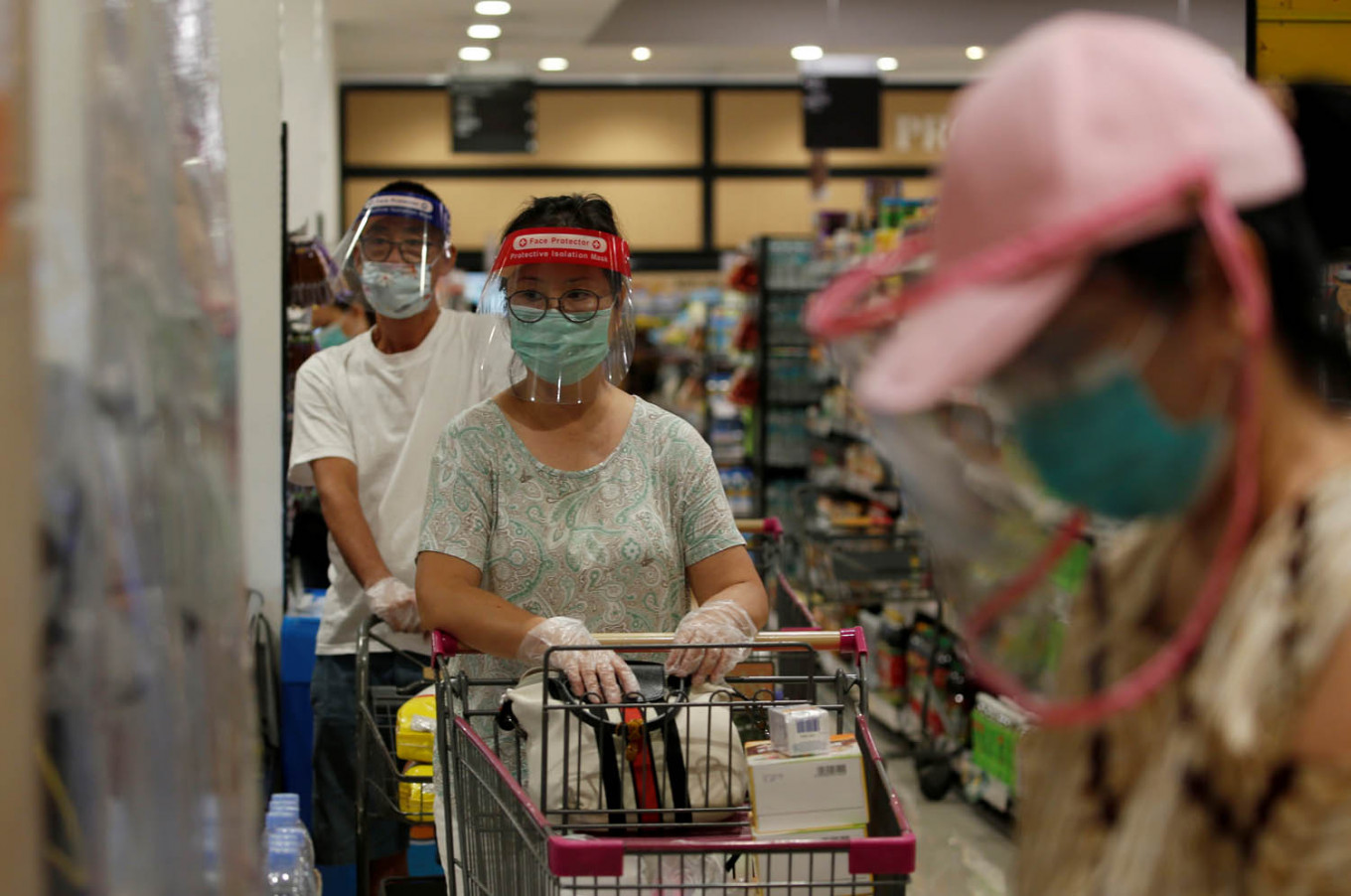
‘New normal’ aims to keep economy running: Minister
by Apriza PinanditaThe Indonesian government said on Thursday that it needed to implement the so-called “new normal” to keep the economy running while maintaining restrictions to contain the spread of COVID-19.
“We understand the difficulty of imposing restrictions to the fullest extent while every country, including Indonesia, has to keep the wheels of the economy turning,” said National Development Planning Minister Suharso Monoarfa in a press briefing.
“In our case, the economy has been struggling during this outbreak. Economic growth in the first quarter of this year was only 2.97 percent.”
To cope with this situation, Suharso added, Indonesia needed to enter a new normal, at least until the vaccines and medicines for COVID-19 were available or until contagion could be suppressed to a sufficiently low level.
“We have to ensure that the health protocol is implemented with strict discipline in daily social activities,” he said.
The government has claimed that it does not yet plan to ease large-scale social restrictions (PSBB). But simultaneously, government officials have been calling on citizens to “coexist” with the virus.
The World Health Organization (WHO) has said that countries taking steps to ease restrictions and transition toward a new normal must make sure COVID-19 transmission is controlled and that communities have a voice and are engaged in the transition.
The Health Ministry recently issued a decree on new normal policies, establishing new health protocols for both during and after PSBB. The Industry Ministry will follow suit with similar policies for manufacturers.
Concerns about the measures have mounted, with many insisting that the government should base its policymaking on data and the realities in the field rather than economic interests for the sake of citizens’ safety.
When asked on Thursday about the latest developments in Indonesia, the COVID-19 task force gave an unclear answer about whether the curve had, in fact, flattened and how that would influence or had influenced the decision to begin the “new normal”. Many regions have yet to conduct mass testing.
Wiku Adisasmita, head of expert staff for the COVID-19 task force, said the government was working to analyze data about the testing capacities of all regions.
“Since it’s not the only criteria for a region to reduce restrictions, we are also focusing on how the trends for other requirements are going in every region, such as the number of cases, death, recoveries and hospitalizations for suspected and probable [cases],” Wiku said.
The latest data, he added, showed that there were 110 districts that had reported zero cases of COVID-19. They have been classified as green zones.
“Most of the districts in Indonesia are in the yellow zone, and we will keep our eyes on the curve as a data pillar for future development,” he said.
If you want to help in the fight against COVID-19, we have compiled an up-to-date list of community initiatives designed to aid medical workers and low-income people in this article. Link: [UPDATED] Anti-COVID-19 initiatives: Helping Indonesia fight the outbreak